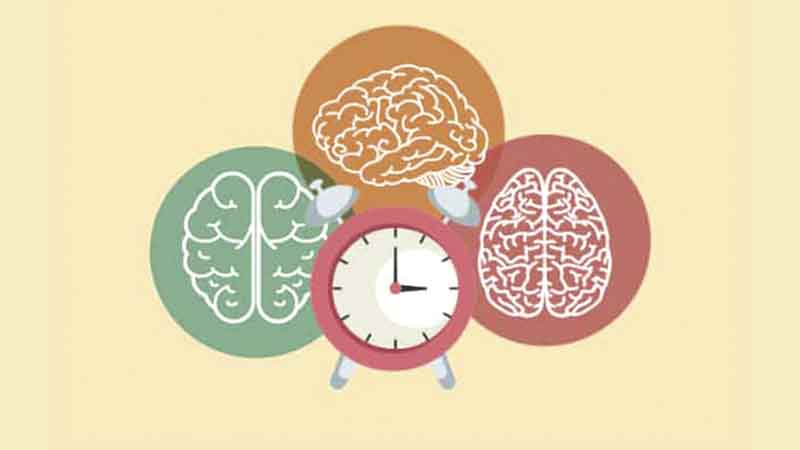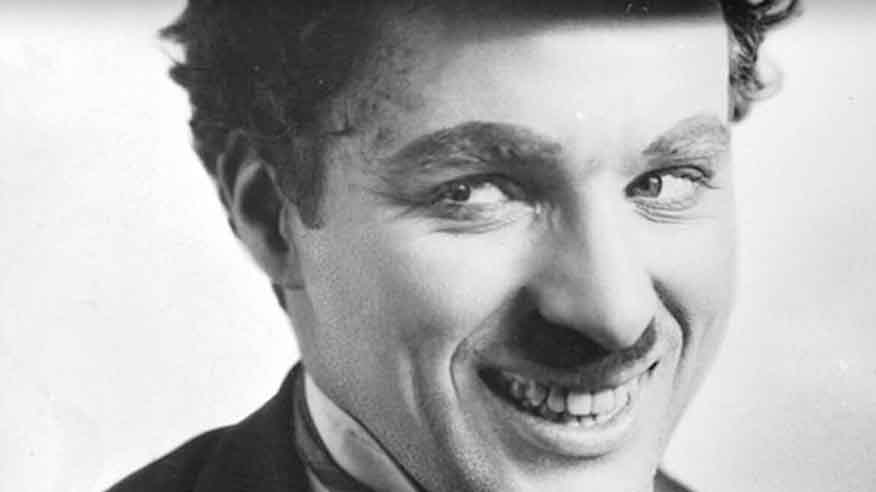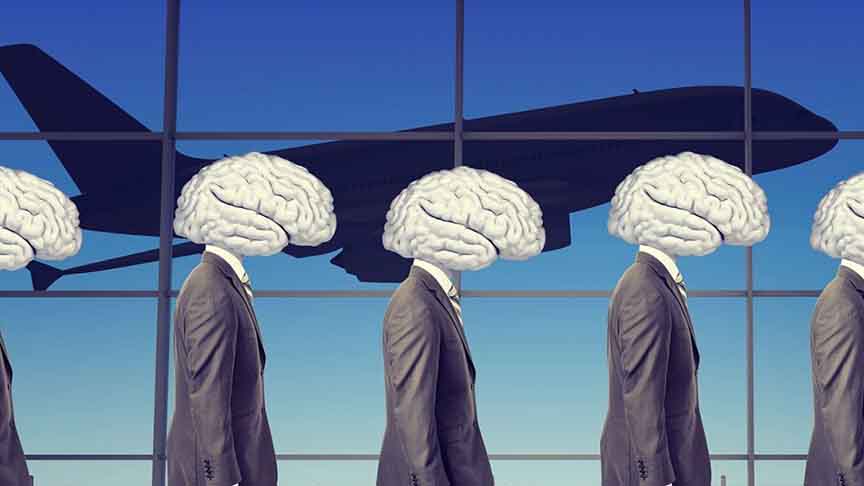How does the Critical Period impact Language Acquisition?
- ගවේෂණ
- Affichages : 1784
As the only talkative animals, humans are unique among the other animal species. The basis of this ability is to communicate their own feelings, and thoughts through a certain language. Therefore acquiring any language is the most significant aspect of human development from both psychological and cognitive perspectives. Child's success in learning to talk depends on his ability to perceive and organize his environment. Because language is also a part of that environment. Language acquisition is the process in which humans get the ability to understand a language and produce as well as to use words and sentences to communicate. This is the way all normal human beings acquire a language as children. They might learn multiple languages. But all those languages are different from the language the child first acquires.
Noam Chomsky, who is the father of modern linguistics, claimed that there is a critical period for language learning which was first proposed by Eric Lenneberg. According to his opinion, there is a critical period during the age from 2 years old to puberty in which the human mind is able to learn a language. And also he explains that before or after this period it's very difficult to understand a language in a natural fashion. The critical period hypothesis was popularized by Eric Lenneberg in 1967, with the biological foundation of language. He explains, that there are maturational constraints on the time a first language can be acquired. First language acquisition relies on neuroplasticity. If a child doesn't acquire a language by puberty some aspects of language can be learned. But full mastery cannot be achieved. This is called the "Critical Period Hypothesis."
An interesting example of this case is Genie's story. She is an American feral child who was a victim of highly abused, neglect and social isolation. When she was 20 months old, her father began to keep her in a locker room. When she was discovered from her home on November 4, 1970, she was 13 years and 7 months old. During this period her father was always strapping her into a child's toilet. Because of that hard isolation, she had prevented from being exposed to any significant amount of speech. Therefore, she did not acquire a language during her childhood.
However, it was an ideal opportunity for all psycholinguists to test their theories in language acquisition. Then they realised that a language is not acquired through lack of exposure to the environment and beyond that critical period stage it is very difficult to teach or learn any kind of language.
This critical period hypothesis is equally important in first language acquisition as well as in second language acquisition. First language acquisition actually refers to infants' acquisition of their native language. They just pick up the language the same way they learn how to roll over, crawl and walk. All children catch a language through a subconscious process. Sometimes children may acquire more than one first language. For example, children who grow up in a bilingual household (say Sinhala, Tamil) and (Tamil, English) will learn both languages.
In Psycholinguistics, there are several theories of language acquisition that describe how a child learns a language. The great Noam Chomsky originally theorized that children are born with a language acquisition device in their brain. After modifying his first theory with Universal Grammar, he states that the language acquisition device in children’s brains allows them to assume the structure of their native language through exposure to the language.
Second language acquisition is learning a second language after the first language is already learned. It is like children whose mother tongue is Sinhala learning English and Tamil as a second language at school age. Anyone can learn a second language. But usually, children take it easier than adults. In fact, this is a process of learning that occurs actively and consciously through explicit instructions and education.
According to the linguist called, Stephen Krashen, second language acquisition occurs in five stages. Such as pre-production, (silent phrase), early production, speech emergence, intermediate fluency and advanced fluency. When someone starts to learn a second language they learn by transferring the sounds and meaning, and word order between their mother language and the second language.
Sometimes when going through that process, various problems arise in acquiring a second language properly, due to the influence of the mother tongue. When learners start to confuse the grammatical rules of the first language with the second language it causes many language errors. Learners who have passed the critical age make more of these language errors than learners who are learning a second language in the critical period. Therefore it is generally accepted that learning a second language is more successful during this critical period.
B.Lakshika Madushani
Special third year
Department of Linguistics
Faculty of Humanities












































